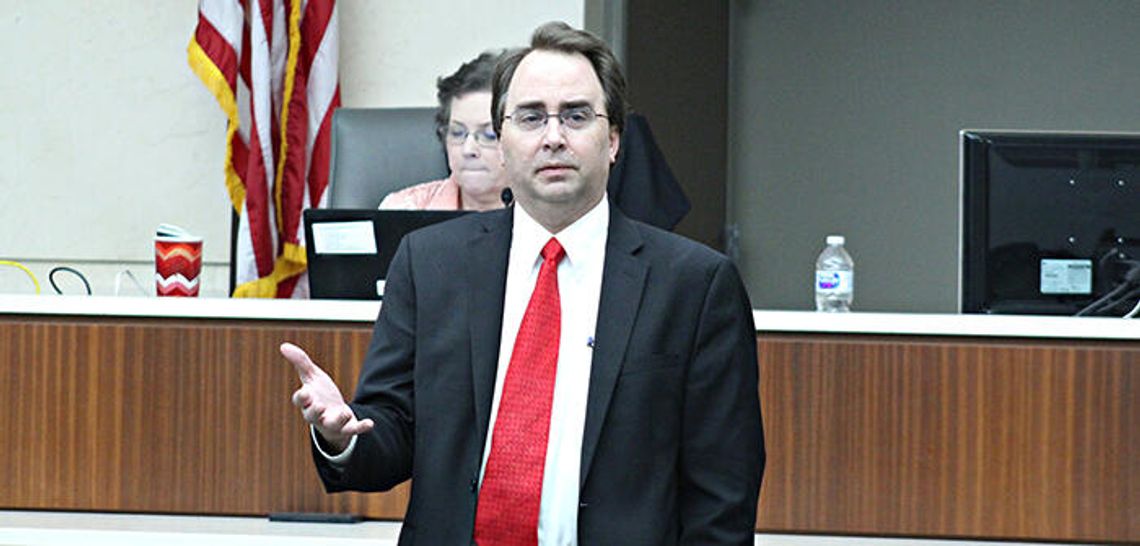Emotional testimonies, accusations of assault and a conviction by jury were all part of a criminal court reenactment starring a handful of Dripping Springs High students Feb. 27.
The reenactment, however, also served as a sobering reminder of the impact of dating violence, a problem plaguing all communities across the nation.
PLEASE LOG IN FOR PREMIUM CONTENT. Our website requires visitors to log in to view the best local news.
Not yet a subscriber? Subscribe today!










